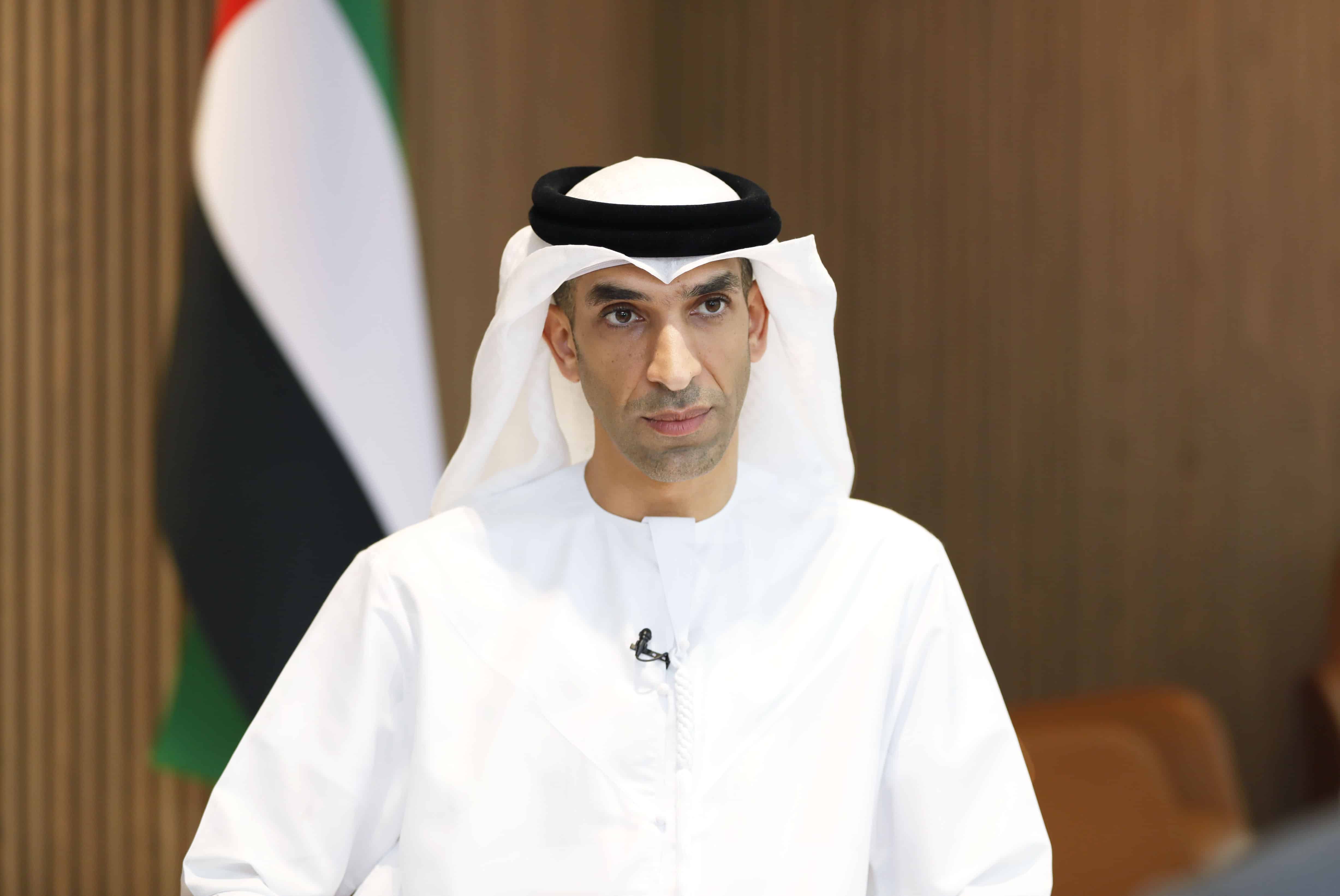Abu Dhabi, UAE— In order to double its foreign trade and boost its national economy by 2031, the UAE has launched Comprehensive Economic Partnership Agreement (CEPA) negotiations with Thailand.
The UAE has so far concluded 4 CEPAs with India, Israel, Indonesia and Turkey and the first two have already come into force, and the signing of other two agreements will follow later.
The UAE is currently in talks with more markets of strategic importance at the regional and global levels to establish similar agreements.
Dr. Thani bin Ahmed Al Zeyoudi, Minister of State for Foreign Trade, and Jurin Laksanawisit, Deputy Prime Minister and Minister of Commerce of Thailand, have signed a joint statement agreeing to launch negotiations to establish a Comprehensive Economic Partnership Agreement (CEPA) between the two countries.
The first round of negotiations will commence in the UAE on May 16. Dr Thani Al Zeyoudi emphasized that these negotiations represent another important step in our growth agenda and underline UAE’s role as a key enabler of global trade.
Thailand’s economy is the second largest in South-East Asia and is projected to grow 3.8 percent in 2023, driven by the rebound in the country’s vital tourism sector.
It also boasts a well-developed services sector that contributes 58.3 percent of the nation’s GDP. A UAE-Thailand CEPA will build on the rapidly increasing non-oil trade between the two nations, which increased 21 percent in 2022 to reach US$6.1 billion.
Al Zeyoudi underlined the developing relations between the UAE and Thailand, stating that the negotiations are a natural progression following the launch of the first UAE-Thai Business Council in February 2023.
He added: “Thailand is an increasingly important trade and investment partner for the UAE, and a high-growth economy in the heart of an exciting, rapidly emerging region. We have enjoyed strong bilateral trade growth in recent years and believe a Comprehensive Economic Partnership Agreement will deliver a wealth of opportunity in sectors such as tourism, food security, IT, logistics and financial services. These negotiations represent another important step in our growth agenda and underline our role as a key enabler of global trade.”
The UAE’s principal exports to Thailand are ethylene polymers, gold, vegetable residues, delivery vehicles and parts, and electric batteries, with iron, steel and cosmetics emerging sectors.
In the other direction, Thailand’s leading exports include office machinery and parts, motor vehicle parts, tires and aluminum plating.








